
Qantas: Boeing and Airbus – hold that order of, A321neos and B787s
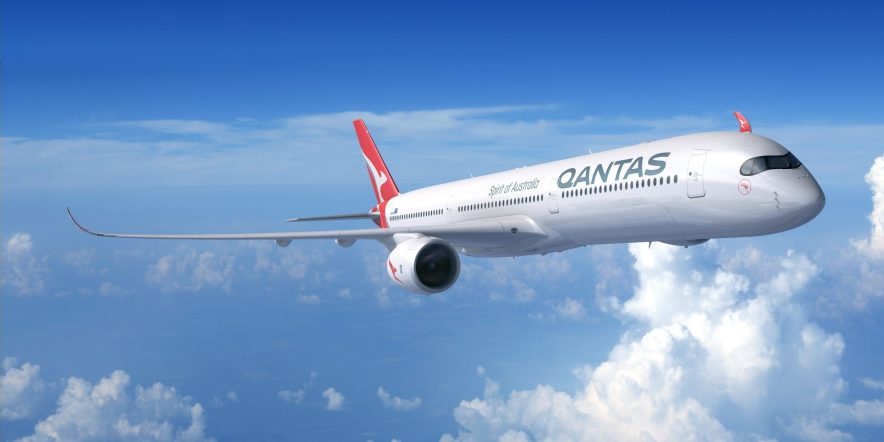
This comes as no surprise. Qantas is deferring the delivery of any new aircraft orders during the pandemic.
Content of this Post:
What are they deferring?
About 21 aircraft are having their delivery deferred until after the pandemic. They include:
- 3 x Boeing 787s, due at end of 2020 for Qantas
- 18 x A321 neos, for Jetstar, due from August 2020 ’til 2022
This news comes on top of the confirmation that the Airbus order of 12 A350s for Project Sunrise has also been deferred. So you can kiss goodbye to no stop, direct flights from the east coast of Australia to New York or London, or Rio or Frankfurt or Paris for at least another three years through until 2024.
The deferral of these orders will also assist with the Qantas budget. We know that no airline actually pays the list price, more likely they pay about 50%. But even the deferral of half of AU$445 million (US$293 million) which is the list price of a Boeing Dreamliner will assist the immediate calls on the Qantas budget. Airbus 321neos are less than half that at AU$200 million (US$130 million). Ok, they have probably made a downpayment on some of these orders, but deferral means they can kick the final payment down the road a ways. And if you are looking to save on cash, when Macquarie analysts are saying you won’t make a profit again until 2021, you need to defer as much expenditure as you can.
Fleet review, renew
Post pandemic, everyone is writing that air travel will be different than pre-pandemic. I’ve even weighed in with a few predictions myself. That’s made Qantas look long and hard at its current fleet to see whether they will be suitable for their new post-pandemic purpose.
An obvious aircraft for review is the A380. This customer favourite, a whale of a superjumbo has some tricky economics. Basically, it needs to be full to have any chance of making money for an airline. That’s proved difficult, which is one of the reasons Airbus has announced the end of production. Even Sir Tim Clark, president of Emirates – the A380’s biggest customer with over 140 in its fleet, has acknowledged that they will need to be replaced, or as he put it:
“The A380 is over.”
Sir Tim Clark, president of Emirates, Executive Traveller
The COVID-19 crisis will likely see the slightly early exit of Qantas’s remaining 747’s. The original exit was going to be at the end of 2020, but it looks like that has come about 9 months early for passenger versions.
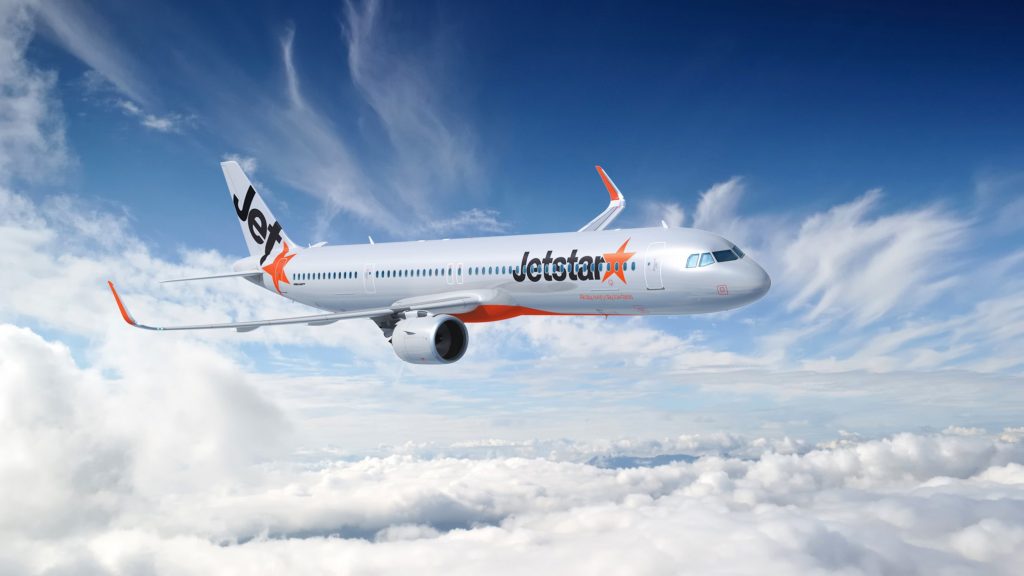
Potential fleet make-up post pandemic
There are a lot of if’s and but’s in this, but presuming that there is the slightly contradictory delayed pent-up demand, along with a reluctance to fly by some customers, the A380’s will only have a place on very select high demand routes. Maybe to London, and maybe to Los Angeles. In the main, Qantas will need a more nimble fleet so they can adjust as demand changes.
That means the 787 Dreamliner’s may best serve these routes.
A330’s will doubtless be used in medium-haul international and leave domestic routes such as East Coast to Perth, and trans-Tasman flights. Boeing 737’s will cover nearly all domestic and trans-Tasman flying.
The question will be about demand and frequency, and that will shape the choice of which of the current fleet to retain, and which to jettison. Predicted and actual demand will shape the long term future composition of the fleet.
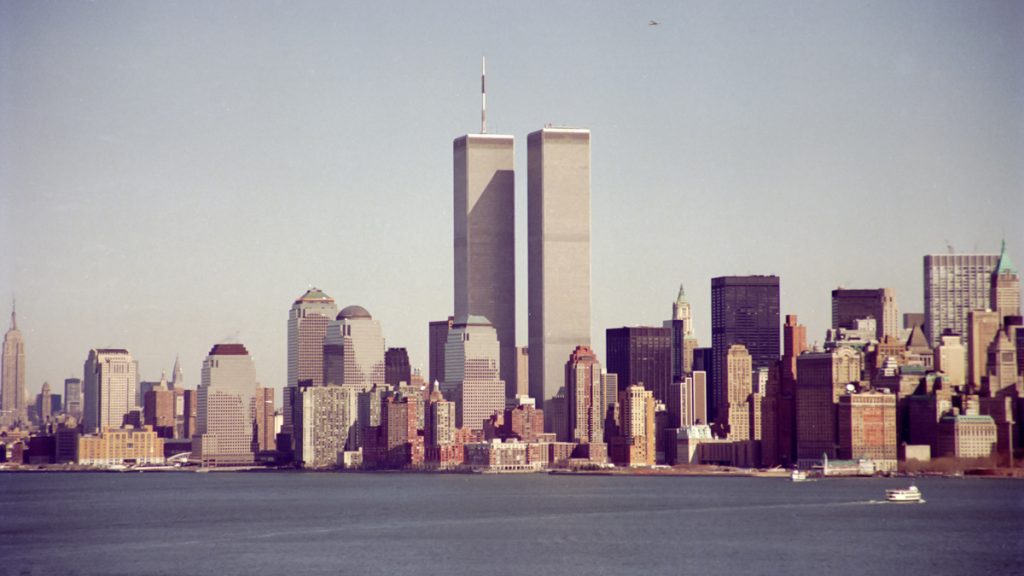
2PAXfly Takeout
There is lots of speculation about the fleet that Qantas will require coming out of the pandemic. What will the demand for air travel look like? What will be the economics of flying? Will costs of masks and testing and distancing, and potential isolation of crew blow up the economic model?
Will business have lost its appetite for flying, now they have discovered Zoom?
There are not too many precedents out there, and perhaps the best one is flying post 9/11. That’s the only comparable event, and that changed flying forever.
Let’s put all the security stuff to one side.
Once passengers were allowed to fly again, they were wary. Demand dropped by around 30% immediately following the event, and businesses suspended all non-essential travel for quite a while. I think there are parallels. Some industry members argue that 9/11 hastened some changes that were inevitable. Poorly financed and managed airlines bowed out, too generous contracts got slimmed down, and some airlines amalgamated.
All that will happen post-pandemic too, I think.



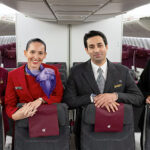
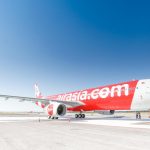
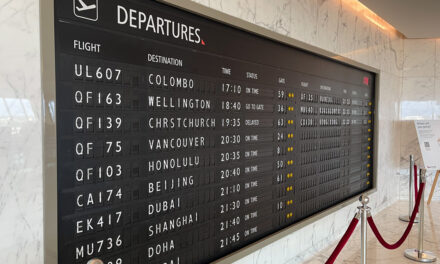
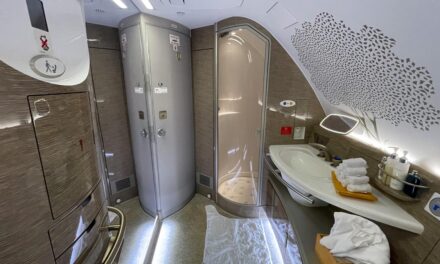

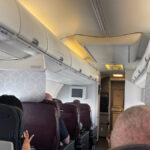



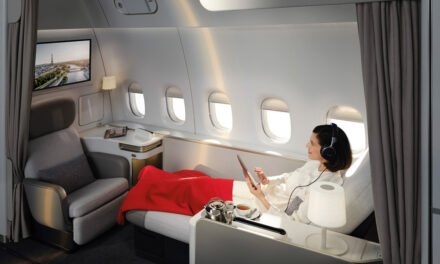
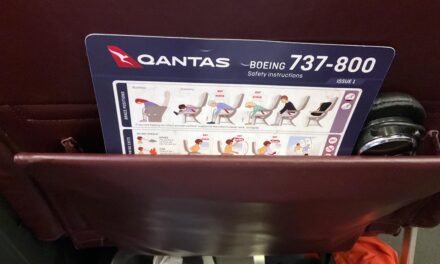
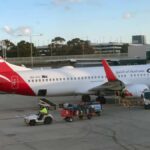

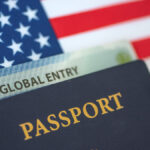
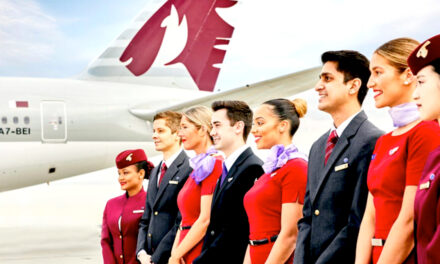


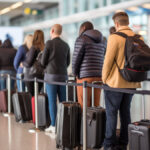

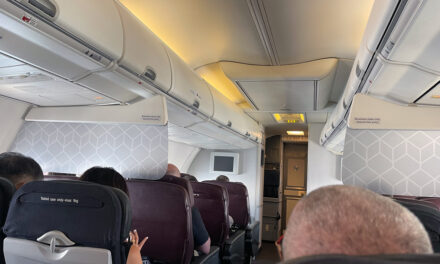




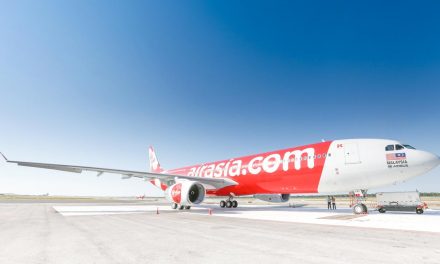

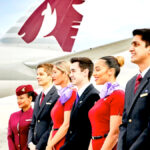




What did you say?